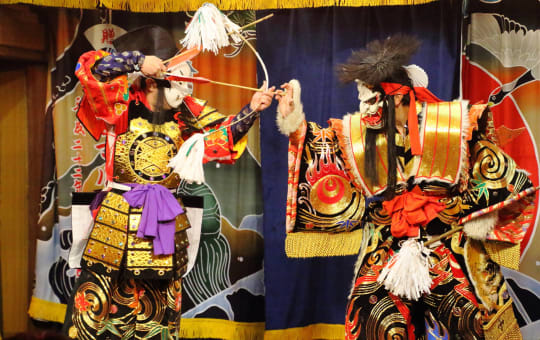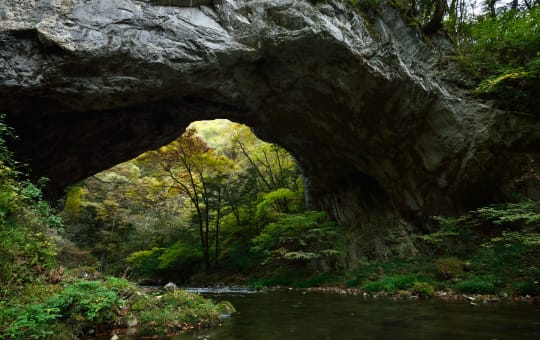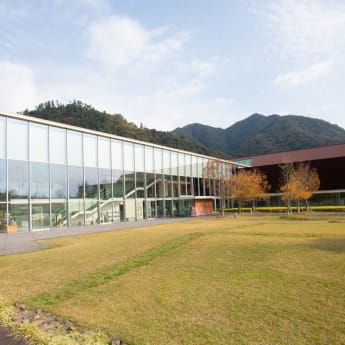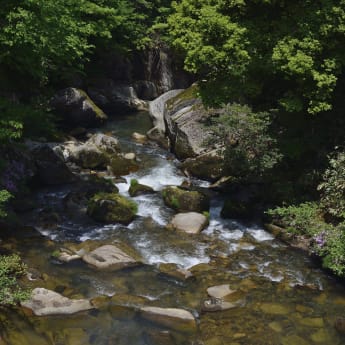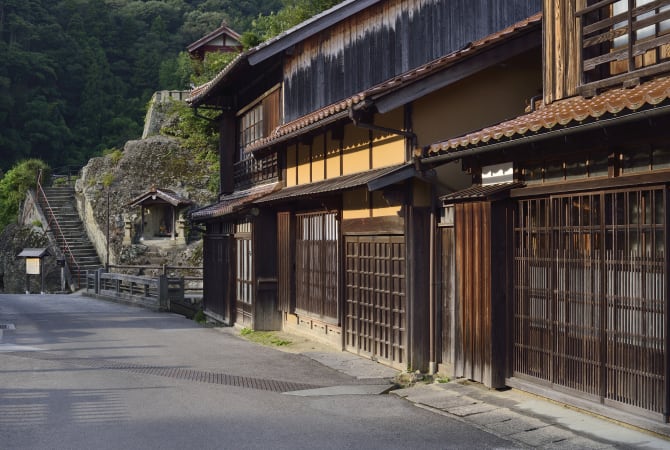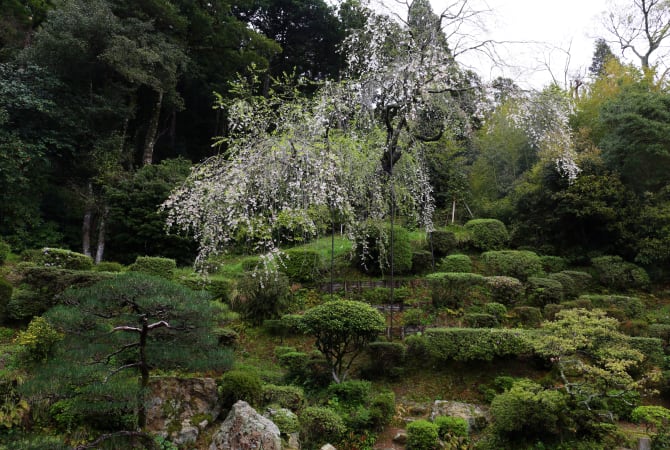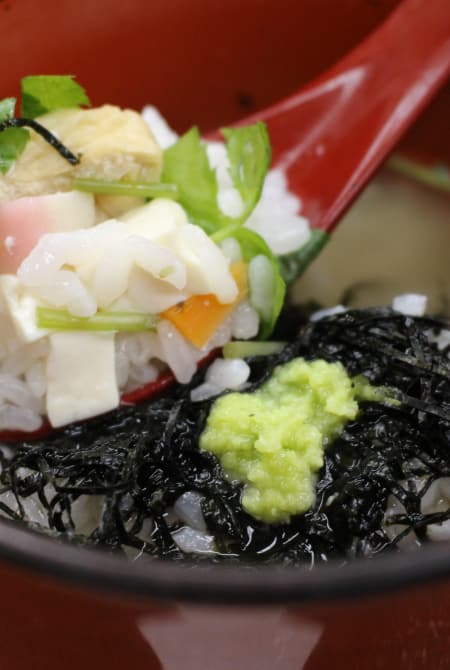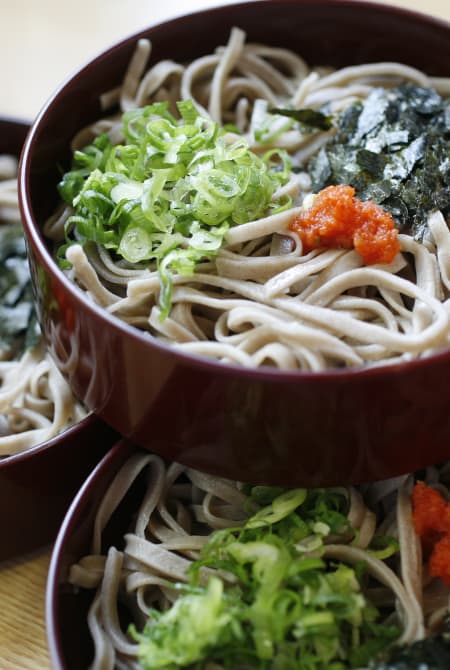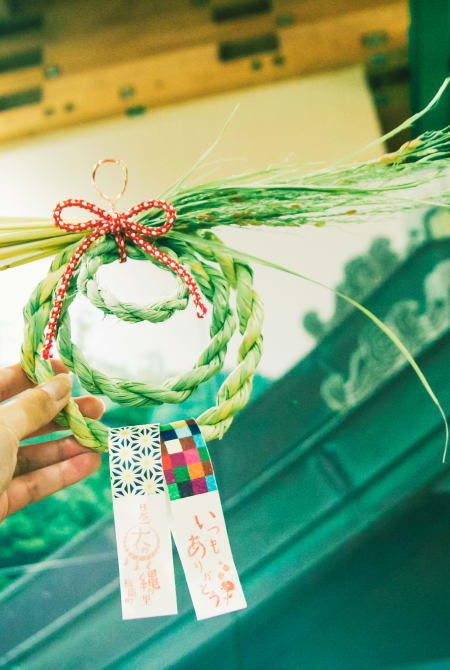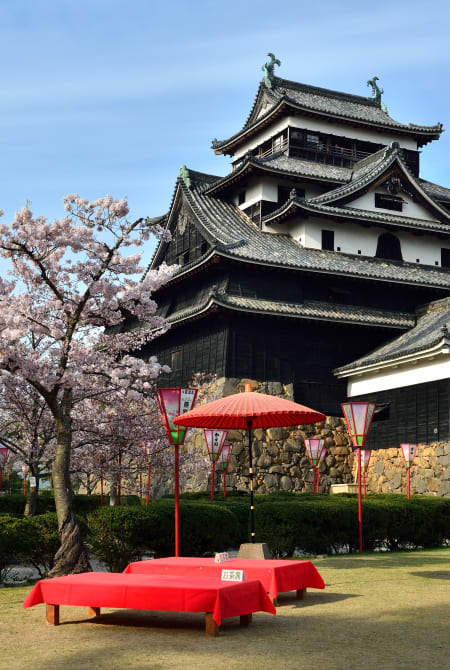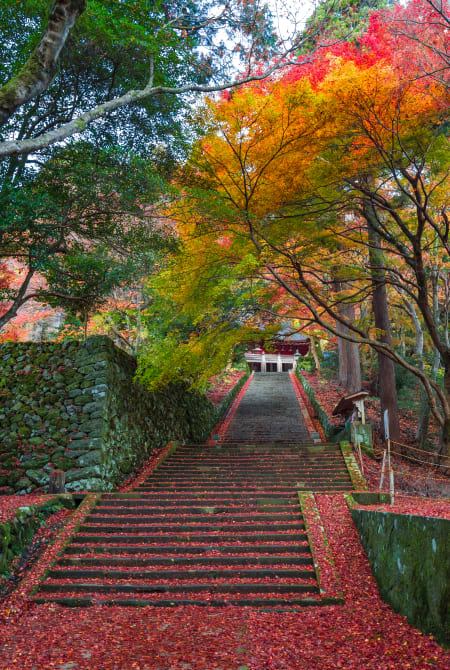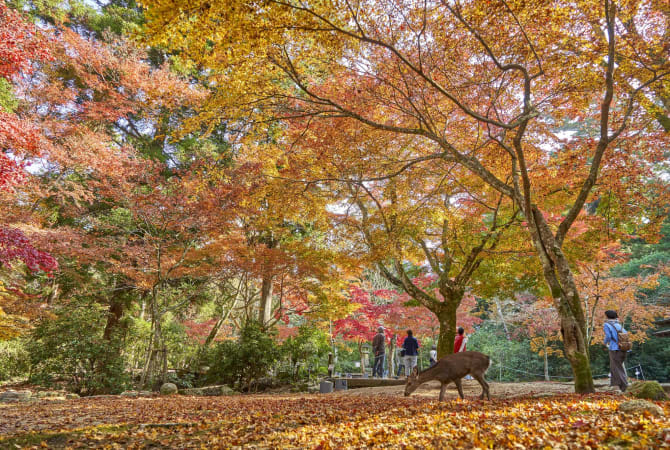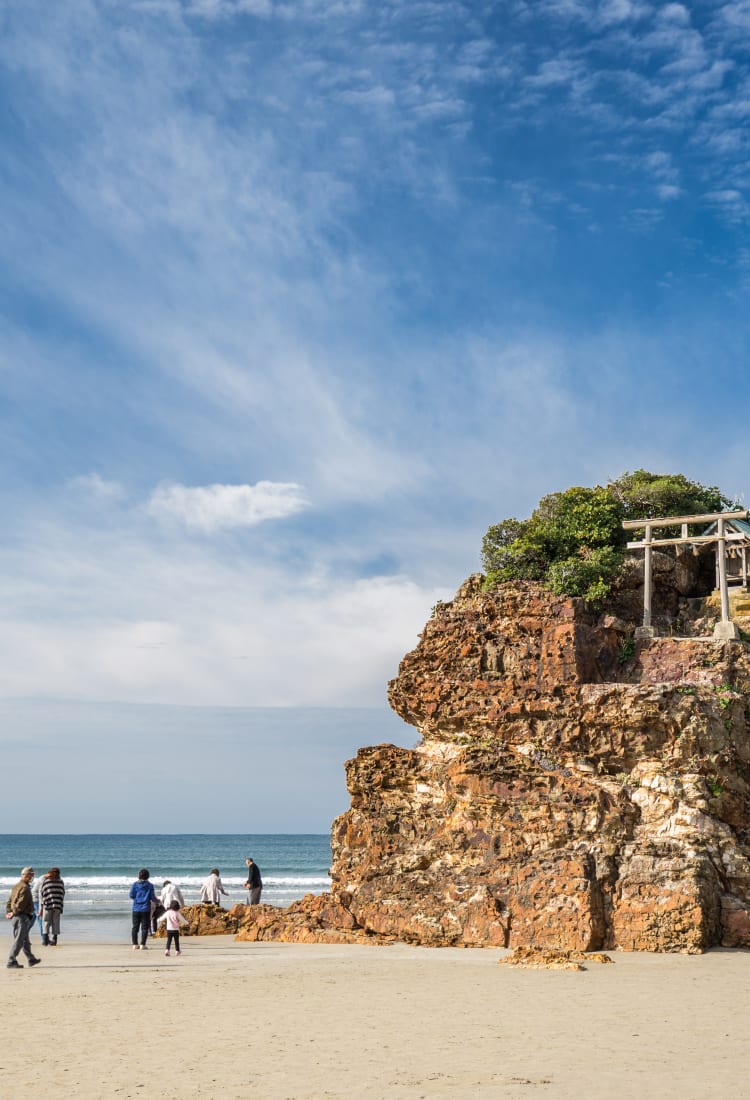

Chugoku Shimane Beautiful countryside and serene islands
Shimane and its natural beauty are steeped in mythology. It is home to pristine island beaches, an important former silver mine and one of Japan's holiest shrines
Shimane Prefecture stretches along the northern coast of the Chugoku region. Sparsely populated, the prefecture has stayed relatively unchanged over the years. Framed by mountains, Shimane's main draws include Izumo Taisha Grand Shrine—one of the oldest and holiest Shinto shrines—Matsue Castle and its original keep, the World Heritage Iwami Ginzan Silver Mine, the traditional performing art Iwami Kagura and the castle towns of Tsuwano and Masuda. Just off the coast lie the Oki Islands, a favorite of outdoor enthusiasts. The clear water is perfect for snorkeling, scuba, fishing and kayaking, while Mt. Daimanji and Mt. Takuhi challenge hikers.
How to Get There
Access Shimane by limited express train, highway bus and car from major cities around Japan. You can also fly into one of the three prefectural airports.
Okayama Station, on the JR Tokaido-Sanyo Shinkansen Line, is the main transport hub for access to Shimane. From there, limited express trains operate and stop at Yasugi, Matsue and Izumo-shi stations in the east. For Tsuwano Station in the west of Shimane, take the limited express train from Shin-Yamaguchi Station. Night buses are an inexpensive alternative to rail, and it takes between 11 and 13 hours from Tokyo. Domestic flights are available to Shimane Prefecture's three airports. Izumo Airport serves the east of the prefecture and Hagi-Iwami Airport is in the west, while Oki Airport is the gateway to the Oki Islands. Yonago Airport in Tottori prefecture is also convenient for accessing eastern Shimane.
Don’t Miss
- Visit Izumo Taisha Grand Shrine, one of Japan’s oldest Shinto shrines
- Explore Iwami Ginzan, which used to produce up to one-third of the world's silver in the 17th century
- Swim and snorkel in the clear waters off of the Oki Islands
- Watch kagura, a local dance ritual based on ancient myths
Explore Shimane by Area
Trending Attractions in Shimane
Local Specialties
-
Matcha Confections
Matsue, in Shimane Prefecture, is a famous tea-growing area, with a reputation for delicious confections. Its rich and deep flavor gives any confectionery a uniquely Japanese taste. Its rich, deep flavor gives any sweet a uniquely Japanese taste.

-
Uzume-Meshi
To make uzume-meshi, piping hot broth is poured over a bowl of white rice topped with carrot, shiitake mushroom, and other veggies, as well as wasabi. This hearty rice soup is a local delicacy of Tsuwano guaranteed to warm you up.

-
Izumo Soba
Long, chewy noodles made from fresh buckwheat flour and covered or dipped in a soy sauce and fish stock broth. Izumo soba is characterized by the fact that it is served "warigo" style, in a three-tiered vermillion lacquered box.

-
Yamato Shijimi
Shijimi are freshwater clams loaded with minerals, and they reportedly also cleanse your liver, all while tasting delicious. They are often used in shijimi miso soup, a traditional hangover remedy.

-
Yakumo Lacquerware
Only time and handling can reveal the hidden charm of Yakumo nuri. Finished in a polished semi-transparent topcoat, with use the decorative patterns of this lacquerware grow more vivid.

-
Sekishu Handmade Paper
Sekishu washi is handmade Japanese paper with a tradition of 1,300 years. It is said to have been brought to Japan by Kakimoto no Hitomaro, a poet of the Manyoshu, the oldest anthology of Japanese poetry. Made from natural fibers, this handmade paper is lustrous, rip-resistant and durable.

-
Shimenawa Decorative Rope
Associated with the Shinto religion, shimenawa are ropes made of rice straw typically strung across torii gates at shrines to denote a sacred object or space. They're most often seen in Japanese homes as a New Year's decoration. A shimenawa makes a singular and striking gift.

Seasonal Highlights
-
Spring
In Matsue, enjoy festivals with horseback archery rituals and parades featuring locals in elaborate samurai garb. The explosion of cherry blossoms makes its anticipated appearance from the end of March.

-
Summer
Spend Shimane summers swimming and snorkeling in the cool waters of the Oki Islands or night-fishing and observing grand fireworks displays over the ocean and rivers.

-
Autumn
Celebrate autumn with festivals around the prefecture and a drum procession in Matsue. The cooler climate and autumn leaves make visits to the area's many temples and shrines or hikes in the mountains a special experience.

-
Winter
Grab your ski gear and take on the area's slopes. Enjoy freshly-caught snow crab from the nearby sea, and keep out the cold with a warming dip in bubbling onsen waters.





















































